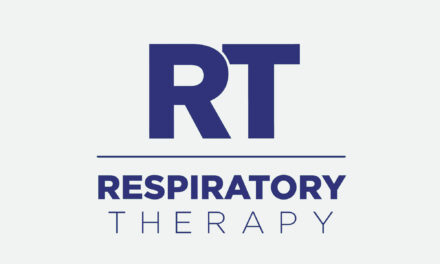After reviewing a national trial published in 2011, the US Preventive Services Task Force introduced a recommendation for systematic low-dose CT lung cancer screenings for people at high risk.
The results were published in Annals of Family Medicine.
A new lung cancer screening cohort study conducted at a large integrated health system suggests that lung cancer screening in primary care is feasible. The study demonstrated low adverse event rates, and 70 % of diagnosed lung cancer cases were detected at early stages in their development.
“Screening can be highly beneficial but can also create an illusion of benefits even when causing a net harm,” notes Mayo Clinic clinical epidemiologist Chyke Doubeni and colleagues, in an editorial response to the study. The “window of net benefit” depends on a number of factors in the screening and treatment process, including “quality of CT images and quality of interpretation, disease prevalence in the population, patient health status, and the timeliness, safety, and effectiveness of treatment for abnormal screening results.”
Still, the authors write, “Family medicine is critical for increasing the reach of lung cancer screenings,” and primary care is an “ideal setting to improve access to screenings, particularly for underserved populations.” Therefore, family physicians should be engaged and equipped with guidance on best practices in lung cancer screenings and referrals.









